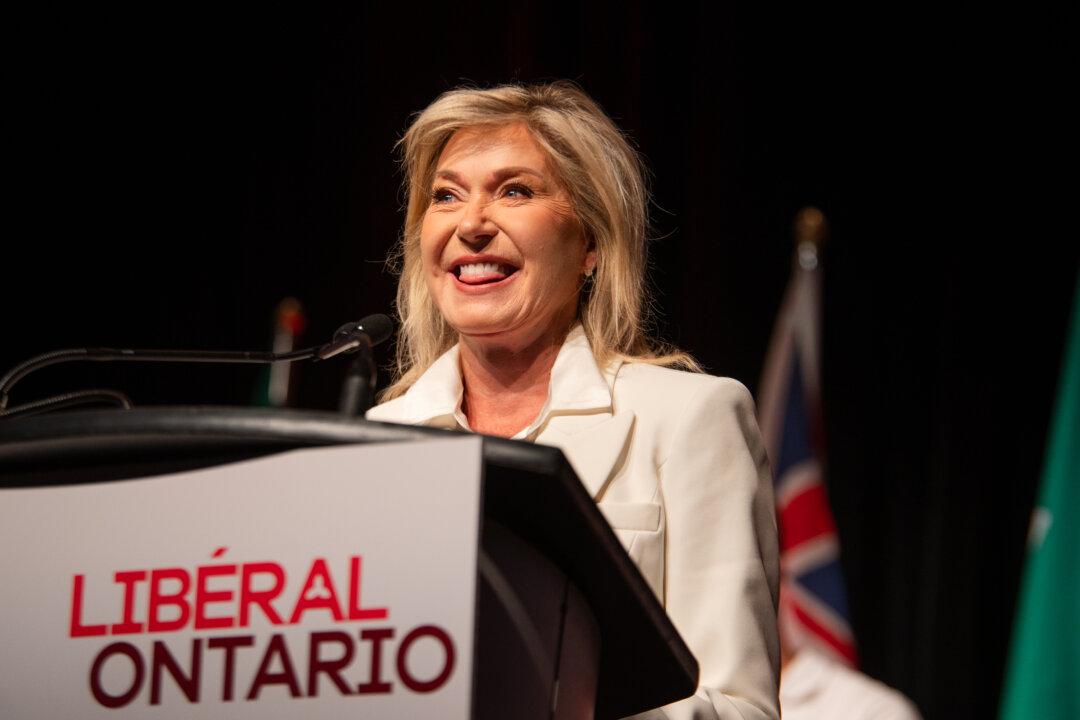The federal Conservative party defended its decision Wednesday to oust a candidate from a local nomination race, as an anti-abortion organization alleges that the move was unfair—a tiff reminiscent of tensions that previous party leaders faced with the social conservatives in their base.
Party spokeswoman Sarah Fischer confirmed that Gerrit Van Dorland has been disqualified from running to become the party’s candidate in Oxford, a reliably Conservative riding in southern Ontario.





